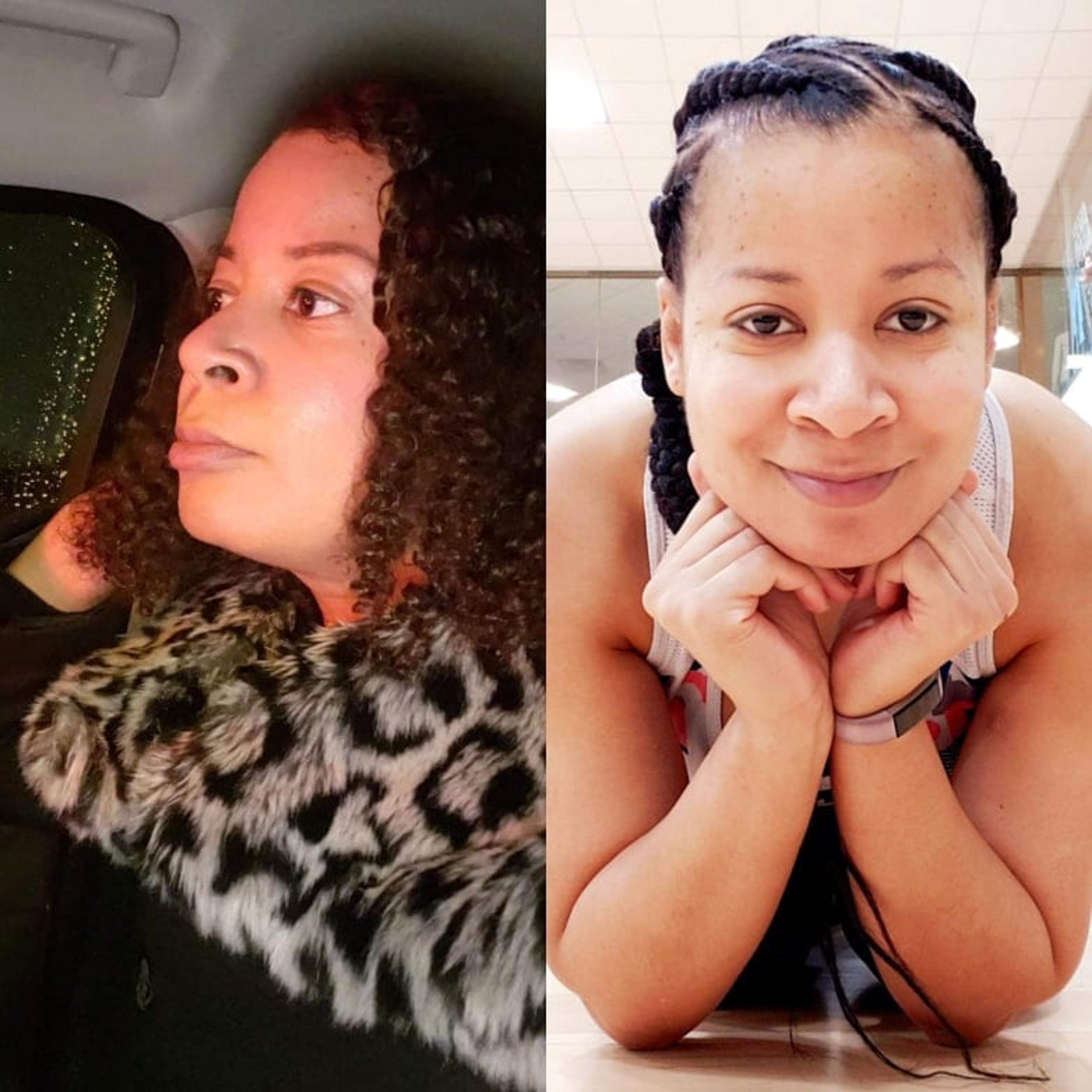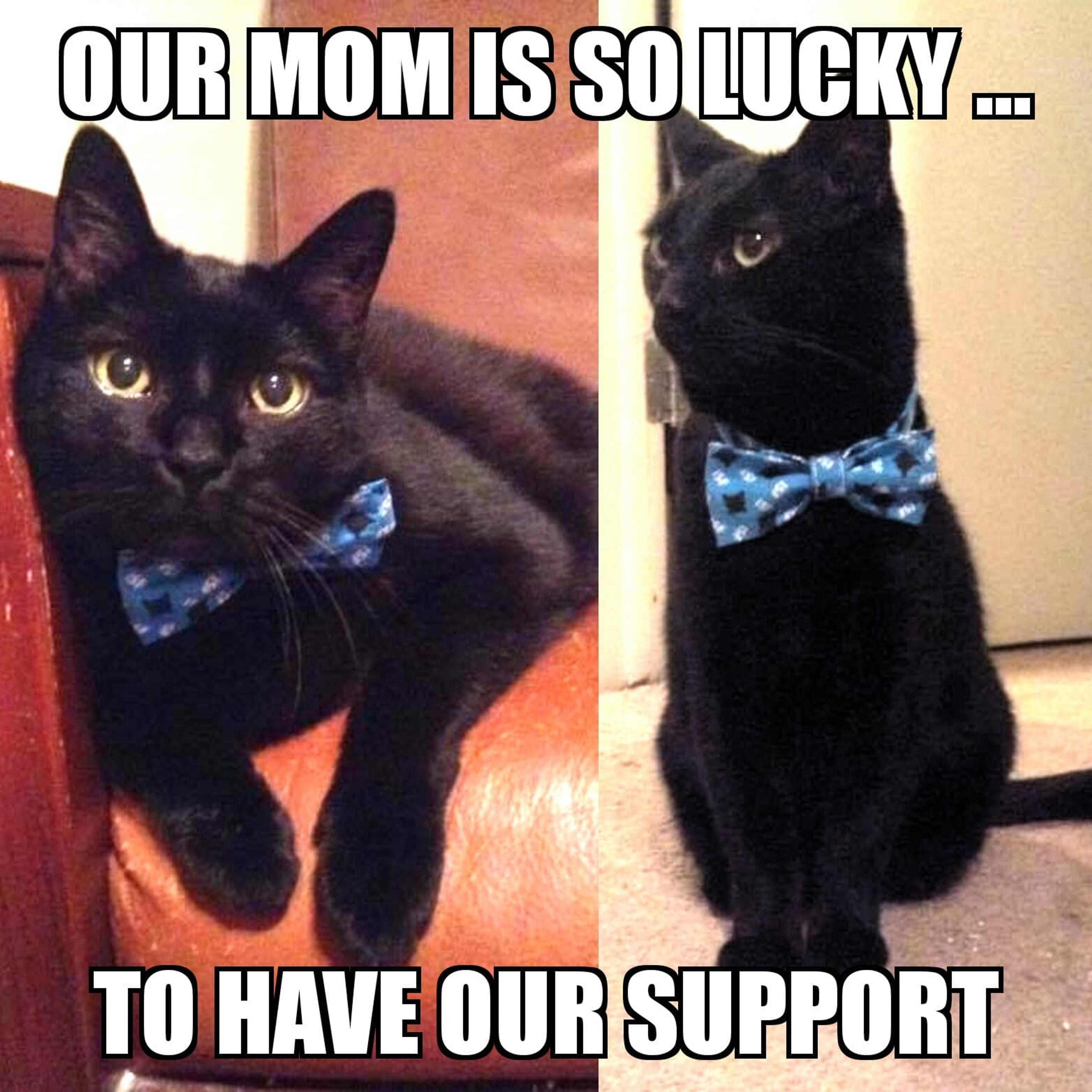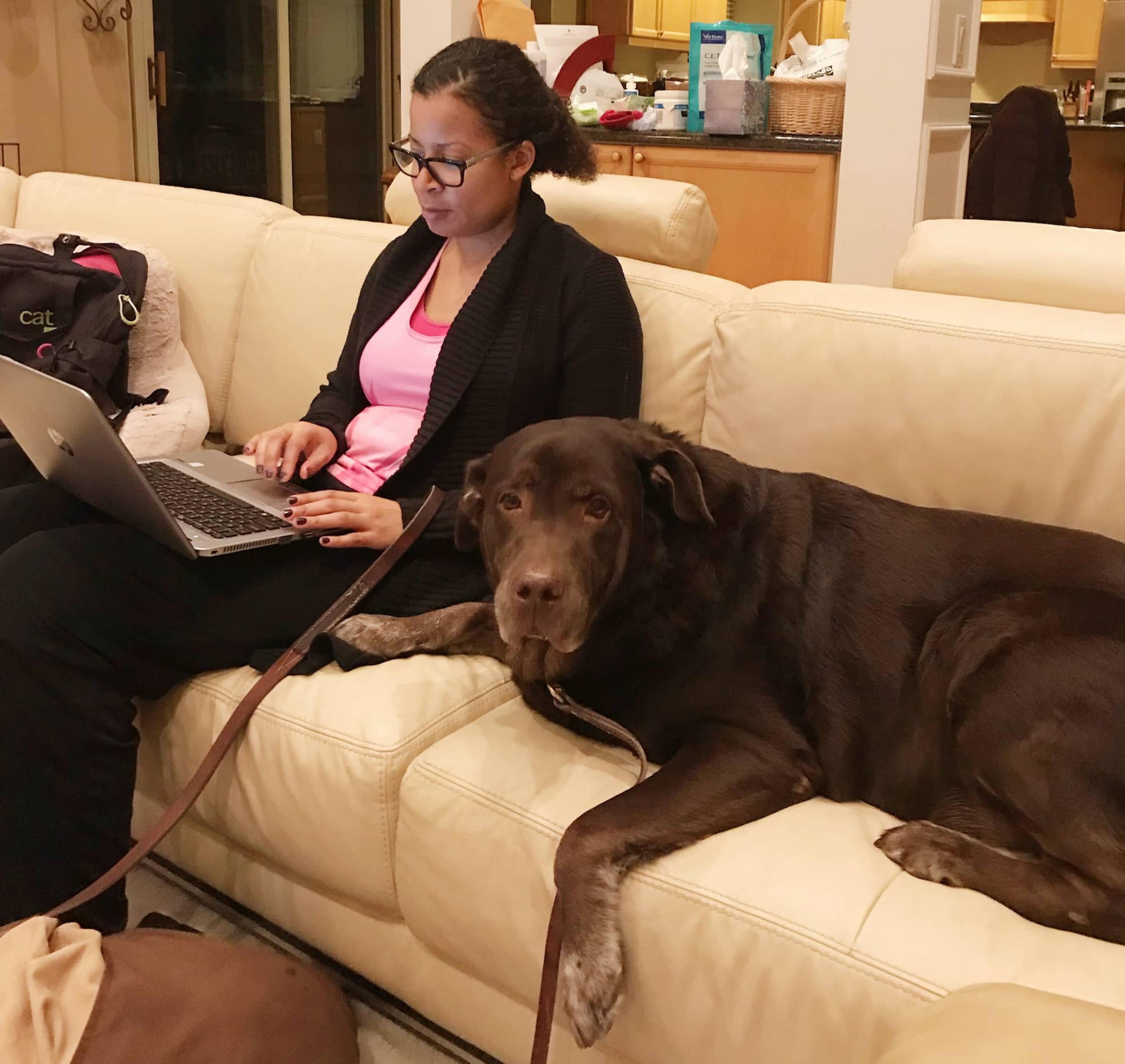Sharing My Depression and Anxiety Coping Tips

Maiya Hayes
| 5 min read

For more than 25 years, I’ve battled severe anxiety and depression. And for most of that time, I’ve kept that part of my life a secret. I’ve feared that if people found out about my mental health issues, they’d think I was crazy or weird.
But recently I’ve realized that it’s selfish of me to remain silent when so many people are struggling like I have. According to the National Institute of Health and the Anxiety and Depression Association of America:
- An estimated 17.3 million adults in the United States had at least one major depressive episode in 2017, which is the most recent year of available data. This is 7.1% of all U.S. adults.
- Every year, anxiety disorders affect 40 million adults in the U.S., or 18.1% of the population.
- Nearly one-half of people diagnosed with depression are also diagnosed with an anxiety disorder.
So I’m sharing my story, hoping that it might encourage people who are experiencing anxiety or depression to get the help they need.

Maiya Hayes
Here’s my depression confession
I’ve had three major depressive episodes in my life: the first in my teens; the second in my early 20s; and the most recent one in my late 30s. Intense anxiety preceded each major depressive episode, paralyzing me emotionally and causing my mental health to nose dive.
My most recent bout with severe anxiety and depression lasted from Fall 2014 through Spring 2016. At the time, I was seeing a psychologist twice a month, but I wasn’t taking any anti-depressants. (I had stopped taking Prozac in 2009, when I started taking tamoxifen for breast cancer remission. Prozac and similar antidepressants can reduce the effectiveness of tamoxifen.)
For nearly two years, I experienced the common symptoms of depression, including strong urges to oversleep, overeat and isolate myself. But thanks to the support I received from my therapist and close friends, I managed to fulfill my job duties and other obligations.
Effexor to the rescue
In April 2016, I was tired of feeling like a shell of a person. So during my annual wellness exam, I told my primary care doctor that I was depressed and that I needed medication to treat it. She gave me a prescription for Effexor, which doesn’t interfere with tamoxifen and also treats my anxiety. The medication started improving my mood in just a few weeks.
These days, I’m feeling pretty good because of:
- My mental health treatment: I take the generic form of Effexor every day and have talk therapy sessions with a licensed psychologist every other week. Also, to make sure I have enough money budgeted for my therapy sessions and medication, I have a flexible spending account through my employer that covers my out-of-pocket costs.
- Maiya participating in Detroit’s Riverfront Run. Exercise: I usually attend group fitness classes three to five days a week. I do a mixture of activities, including Zumba, kickboxing and strength-training classes. And I usually attend classes with my friends, who help me stay motivated to work out.

- A (relatively) healthy diet: Food affects my energy level and overall mood. So I’m currently focused on adding more vegetables to my meals and reducing how often I eat my favorite comfort foods. I drink lots of water and rarely consume carbonated beverages.
- Maiya’s cats, Huey and Remy, meme-ified. My support system: My family, friends and pets bring me so much joy and unconditional love. They lift my spirits and help me more than they probably realize.

Podcasts and Epsom salt make a difference
Here are other things I do to keep my anxiety and depression at bay:
- Delegating chores: If I fall behind on my laundry, I take a bunch of clothes to my dry cleaners. Or if my house starts looking messy, I hire a house-cleaning service to help me tidy up.
- Listening to things I love: My favorite songs, podcasts and audiobooks bring me comfort.
- Practicing self-care: To calm my mind at bedtime, I take holy basil or valerian root pills, and sleep with a weighted blanket.
- Treating myself: An Epsom salt bath, acupuncture treatment with cupping, a mani-pedi appointment or a massage always makes me feel better.
- Setting personal boundaries on social media: If certain people are annoying me on Facebook, Twitter or Instagram, I unfollow or mute them, or restrict their access to my social media accounts.
I’ve got a new attitude

Maiya working from home with her best pup, Bosco.
My mental health journey has been a long and difficult one, but I appreciate what it’s taught me:
- I no longer feel ashamed or weak for needing talk therapy and anti-depressants. I accept that I’ll probably need both of those things for the rest of my life.
- I now understand that my mental illnesses are chronic health conditions, like asthma or diabetes. And since I don’t judge asthmatics for needing inhalers, I won’t judge myself for needing medication, too.
- I see that the insight I’ve gained from my struggles might help other people overcome theirs. That’s why hiding my truth isn’t an option for me anymore. With suicide rates continuing to rise, the stakes are simply too high to remain silent.
If you found this post helpful, you might also enjoy:
Main image photo credit: A Healthier Michigan





